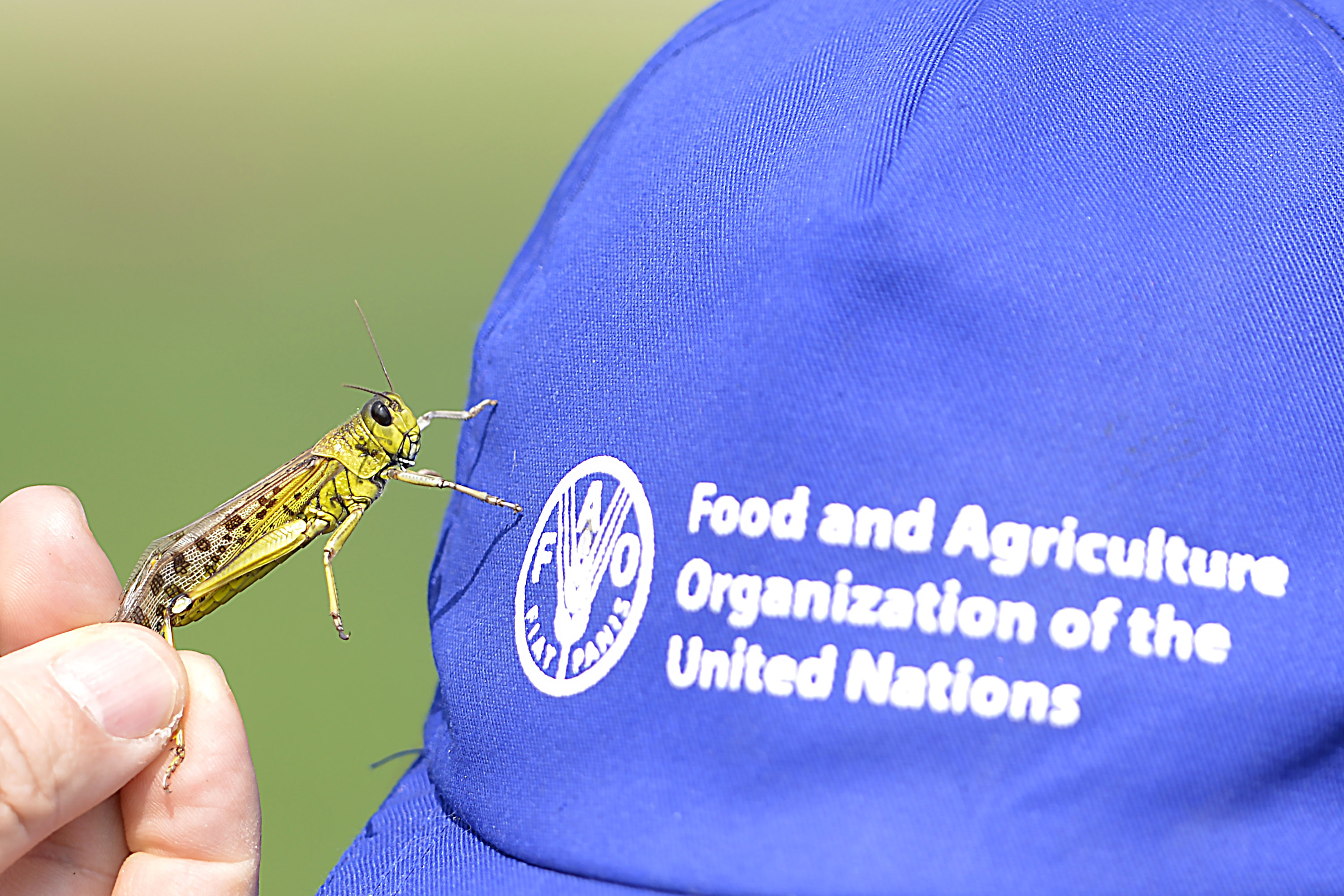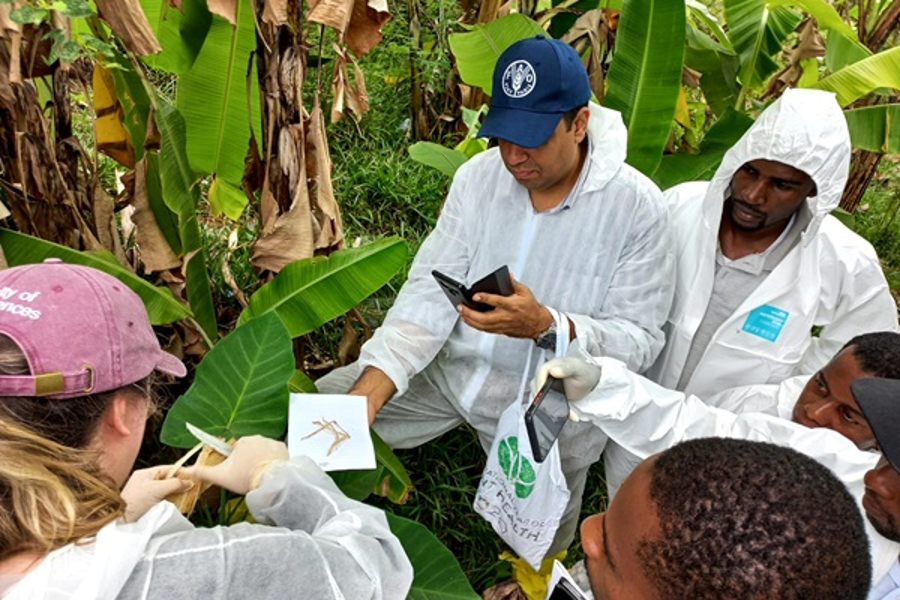Areas of work

Knowledge Platform
Agroecology
Agroecology is a holistic and integrated approach that simultaneously applies ecological and social concepts and principles to the design and management of sustainable agriculture and food systems. It seeks to optimize the interactions between plants, animals, humans and the environment while also addressing the need for socially equitable food systems within which people can exercise choice over what they eat and how and where it is produced.

Global Programme
Global Programme on Sustainable Dryland Agriculture
Drylands are home to an estimated 2 billion people, about 90 percent of them in developing countries. Drylands are also home to a great variety of indigenous livestock breeds and plant species that are essential for food security and livelihoods. Drylands represent 43.2 percent of total global area in 2020, and are predicted to be 44.2 percent in 2050.

Knowledge Platform
Conservation Agriculture
Conservation Agriculture is a farming system that promotes minimum soil disturbance (i.e. no tillage), maintenance of a permanent soil cover, and diversification of plant species. It enhances biodiversity and natural biological processes above and below the ground surface, which contribute to increased water and nutrient use efficiency and to improved and sustained crop production.

Thematic highlight
Gender equality in plant production and protection

Knowledge Platform
Desert Locust Management
FAO closely monitors the global desert locust situation 24/7, providing forecasts, early warnings, and alerts regarding the timing, scale, and location of invasions and breeding through its global Desert Locust Information Service (DLIS). All locust-affected countries transmit locust data to FAO, which in turn analyzes this information alongside weather and habitat data, as well as satellite imagery, to assess the current locust situation. FAO then provides forecasts up to six weeks in advance and issues warnings on an ad hoc basis.

Knowledge Platform
Transboundary Plant Pests and Diseases
FAO continuously monitors and provides early warnings on transboundary plant pests and diseases (TPPDs) to help manage and prevent their spread, fostering cooperation between countries. Member states receive advice on the most effective strategies to manage TPPDs and mitigate their spread. FAO advocates for sustainable, ecological approaches to address the potential impact of TPPDs, through the promotion of innovative, environmentally friendly and control measures.

Knowledge Platform
Seeds
Seeds are the primary basis for human sustenance. They are the repository of the genetic potential of crop species and their varieties resulting from the continuous improvement and selection over time. Crop improvement and the delivery of high quality seeds and planting materials of selected varieties to growers is necessary for ensuring improved crop production and meeting growing environmental challenges. Food security therefore is dependent on the seed security of farming communities.

World Bee Day
20 May

Knowledge Platform
Sustainable Agricultural Mechanization
Mechanization covers all levels of farming and processing technologies, from simple and basic hand tools to more sophisticated and motorized equipment. It eases and reduces hard labour, relieves labour shortages, improves productivity and timeliness of agricultural operations, improves the efficient use of resources, enhances market access and contributes to mitigating climate related hazards.

Knowledge Platform
Pest and Pesticide Management
Pesticides are any substance or mixture of substances made up of chemical or biological ingredients and intended to repel, destroy or control pests, or to regulate plant growth. Pests are a major cause of crop yield losses. FAO estimates that plant pests and diseases account for the reduction of between 20 and 40 percent of global crop yields per year. Crop losses contribute to food insecurity, which continues to grow with increasing population numbers in the face of climate challenges.

Knowledge Platform
Urban and Peri-Urban Agriculture
Urban and peri-urban agriculture (UPA) can be defined as practices that yield food and other outputs through agricultural production and related processes, taking place on land and other spaces within cities and surrounding regions. It involves urban and peri-urban actors, communities, methods, places, policies, institutions, systems, ecologies and economies, largely using and regenerating local resources to meet changing needs of local populations while serving multiple goals and functions.

International Day of Potato
30 May

Global Programme
City Region Food Systems Programme
Adopting a City Region Food Systems (CRFS) approach offers concrete policy and programme opportunities where urban developmental issues can be addressed and rural and urban communities can be directly linked. Improved city region food systems improve economic, social and environmental conditions in both urban and nearby rural areas.

Knowledge Platform
Farmer Field Schools
A Farmer Field School brings together a group of farmers, livestock herders or fisherfolk, to learn on how to shift towards more sustainable production practices, by better understanding complex agro-ecosystems and by enhancing ecosystem services. A FFS group meets regularly during a production cycle, setting up experimentation and engaging in hands-on learning to improve skills and knowledge that will help adapt practices to their specific context.


















-(1).tmb-th600x400.jpg?sfvrsn=f897f228_1)

